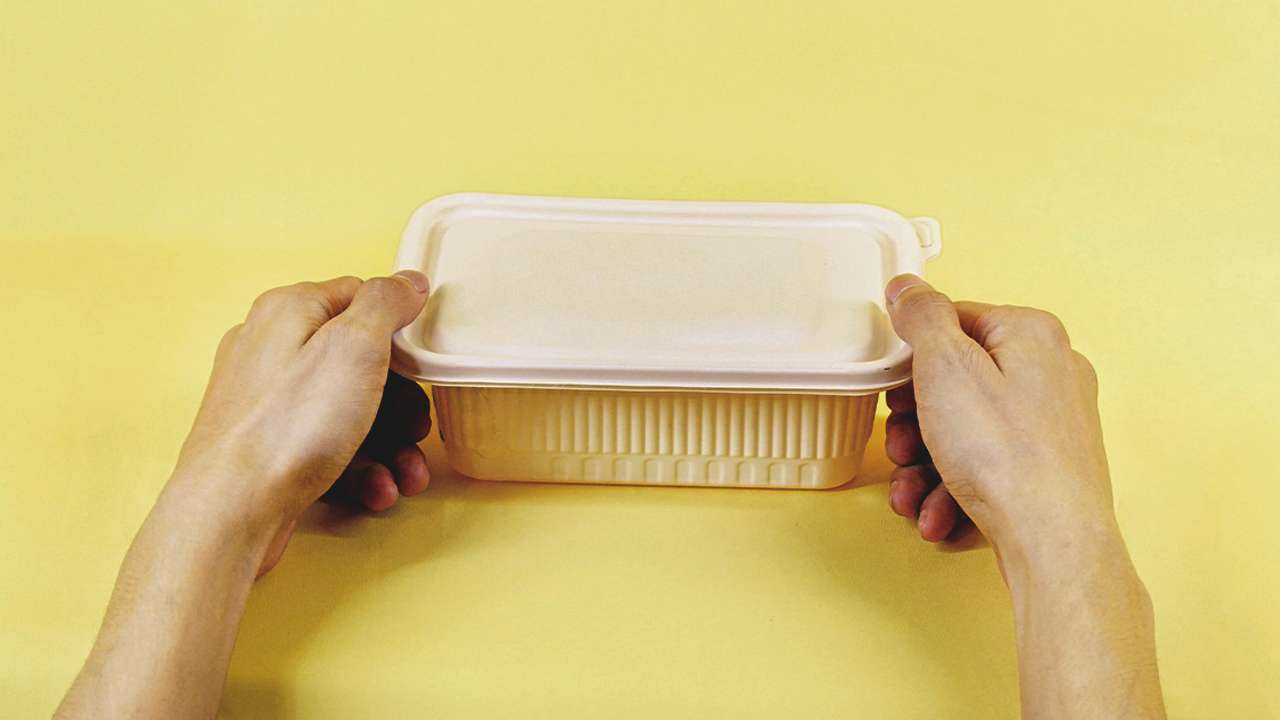POSTED Mar 29, 2022 - 01:08 PM
Today in sustainability: Should you switch to bagasse packaging?
Bagasse is a sugarcane pulp-based packaging product used for food containers—and it’s better for the environment than its alternatives
“Today in Sustainability” is a series that discusses trends in the sustainability sphere—tackling a variety of topics and issues from different industries like F&B, architecture, business, design, fashion, and more.
Takeout containers look different from how they used to in the early 2000s. Instead of styrofoam, plastic, or plastic-lined box containers, some restaurants, businesses, and brands have shifted their takeout packaging to bagasse-based products.
Bagasse or bagasse pulp is a sugarcane byproduct that is left behind after the sugarcane’s juices are extracted. Instead of being discarded, the fiber can be used for other purposes, like creating earth-friendly packaging, among others.
Bagasse as food packaging
The process of making bagasse containers starts with the extraction of the pulp. After the sugarcane juice has been squeezed out for the production of sugar, the fibers left behind serve as the raw material.
After the sugarcane juice is extracted from the stalks, the dry pulp is mixed with binders like water in order to achieve a paste-like consistency. The wet pulp is then molded into different sorts of products using a hydraulic press. The mold heats up the bagasse in order to wring excess liquid and dry the material into the desired shape.
After molding and drying, the bagasse is cut down into the desired shape and passed on to quality control to check if it’s up to standard. Bagasse can be molded into products like food containers, plates, bowls, and paper.
Benefits of Bagasse
For F&B brands and MSMEs, there are many benefits to using bagasse-based packaging. Aside from being compostable and biodegradable, bagasse is a renewable resource. Since sugarcane can regrow completely in 8 to 10 months, it’s considered rapidly renewable.
Bagasse food packaging is also compostable, biodegradable, heat-proof, and microwave-safe. It can effectively store liquids such as soups and dressings as well.
An important thing to remember in buying bagasse packaging is making sure that it’s free from toxic chemicals like PFAS (per- and polyfluoroalkyl substances). Some bagasse products require PFAS during production to create a durable product, but PFAS is toxic to humans and is a non-decaying, non-degrading chemical that may contaminate soil and water, which is bad for the environment.
Local bagasse suppliers such as EcoNest, Ecolutions PH, and Greener Genes have been certified as PFAS-free.
For environmentally conscious businesses and consumers, bagasse is a solid alternative to plastics and plastic-lined, paper-based food containers. It’s renewable, compostable, sturdy, and better for the environment.
For more information and news on home, furniture, lifestyle, and fashion accessories visit FAME+
Read more
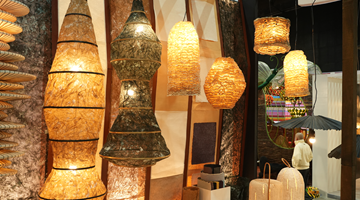
Rooted in Advocacy, Crafted for the Future
Going strong for 42 years, Manila FAME is a bold, seasoned trade show shaped by decades and transfor... Learn More
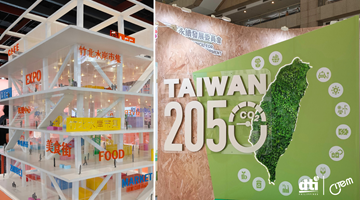
Learning the curve of sustainability: CITEM explores Taiwan’s SDG-driven industries
CITEM tracks sustainable practices in Taiwan’s transformative industries, and gets a glimpse of a... Learn More
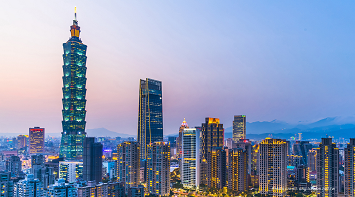
CITEM Market Sensing Mission to Taiwan to strengthen PH SDG competency
Making serious strides toward strengthening the country’s sustainability footprint, CITEM travels to... Learn More
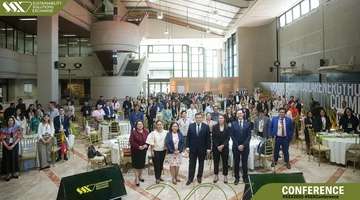
EU, PH push for green solutions in food industry at Sustainability Solutions Exchange 2025
Aiming to develop a sustainable Philippine food industry, the European Union (EU) and the Department... Learn More
